Top 9 Palestine Culture, Customs, and Etiquette
The tapestry of Palestinian cultural traditions defines and enriches Palestinians’ daily lives. Palestinian culture is far from homogeneous, with many distinct ... read more...regional variations. And Palestinians living in countries outside of the Middle East often adopt some of the cultural practices common to their new homes. Let's take a look at the list of Palestine culture, customs, and etiquette.
-
Marriages in rural areas are arranged by the bride's and groom's fathers. The women of the family play an important role in introducing the couple, and daughters are frequently asked if they accept a potential groom before the arrangements are made. This is true for both Muslim and Christian Palestinians. Courtship differs slightly in larger towns and cities, where young men and women are more likely to be introduced by family, but then spend time getting to know one another, usually with a family chaperone, before deciding whether or not to marry.
Though a minority, some middle and upper class Palestinians enjoy the type of courtship most common in the West, meeting and choosing a spouse on their own, based on love. It is also common for Palestinians living in exile to marry people from other countries and cultures.
Weddings in Palestine are elaborate affairs that typically last three days. Village weddings may be attended by the entire village. The bride is paraded to the groom's house, where food, sweets, music, and dancing are served. To feed the guests, the family may slaughter one or more lambs, and members of the extended family frequently pitch in to prepare other dishes. Weddings in cities may be smaller, but they are no less elaborate.
It is common for a newly married couple to live with the groom's parents. Most young couples in Palestine cannot afford to live on their own due to the country's economic devastation. This also allows Palestinian women to work outside the home without being solely responsible for childcare and household chores.
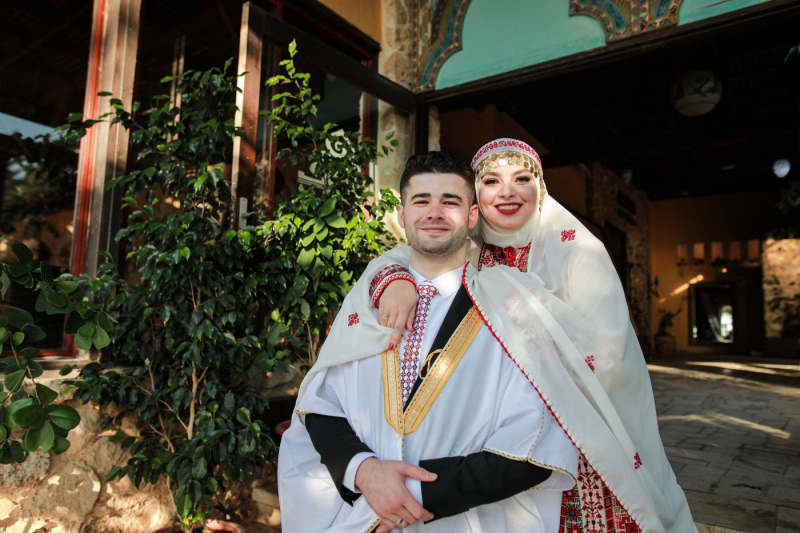
middleeasteye.com 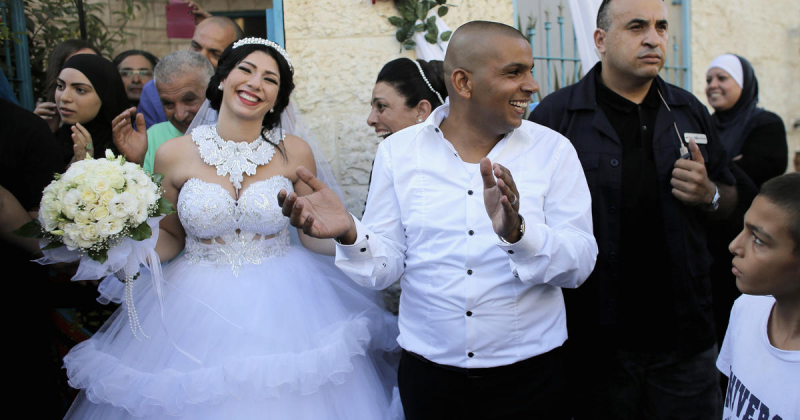
middleeasteye.com -
There was significant variation among social classes in both women's and men's traditional clothing in Palestine, with distinct fashions between urban, rural, and nomadic Bedouin populations. Cotton or linen was commonly used in traditional clothing.
Traditional male clothing, such as tunics and Ottoman-influenced styles, gradually gave way to Western-style clothing in the early twentieth century. Modern urban women also prefer to dress in Western attire most of the time. For Palestinian men, sandals are the traditional footwear. Before entering the house, shoes and other footwear are typically removed. Women's clothing became more conservative in the late 1980s, following the start of the First Intifada, when more women began covering their hair and wearing long and loose-fitting clothing.
Traditional headwear varies. The Bedouin keffiyeh is worn on the head and secured with a length of rope. The keffiyeh, also known as the hattah, is a square of white fabric with a checkered or fishnet pattern in black or red. In the early twentieth century, this headwear became a symbol of Palestinian nationalism and was adopted by non-Bedouin Palestinians. Today, the iconic garment is popular among all social classes in Palestine and beyond. Internationally, supporters of the Palestinian cause sometimes wear the keffiyeh, and it has even been adopted by the global fashion industry.
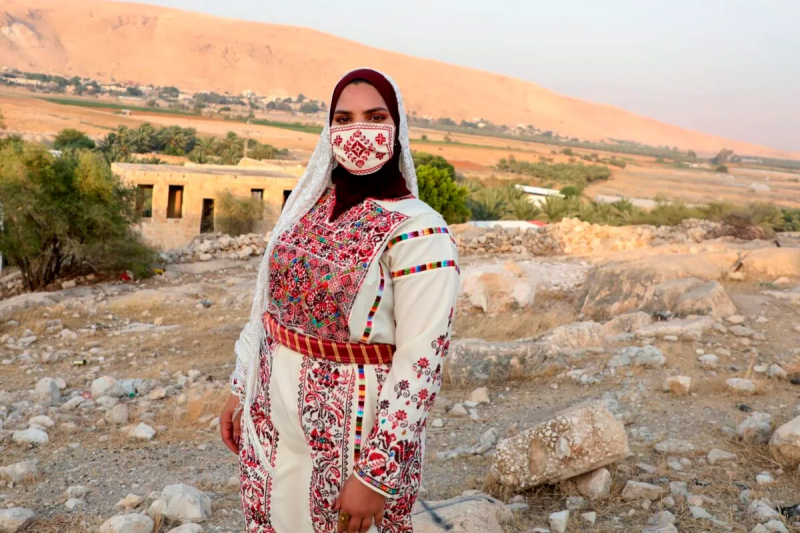
pinterest.com 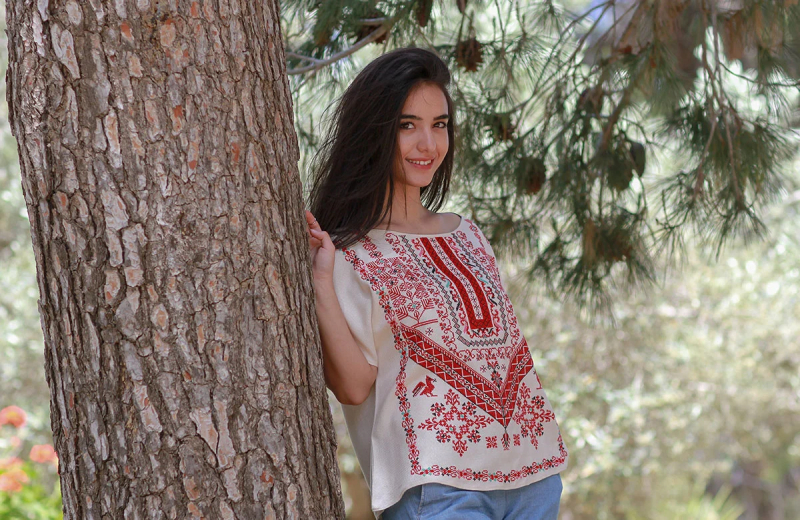
aljazeera.com -
Visiting people’s houses is a central aspect of Palestinians’ social life and an important social obligation. People visit each other to celebrate events, catch up on community news, and to commiserate and support one another during difficult times. For example, it is customary for a bereaved family to receive visitors on a regular basis for three days after a death.
There are numerous distinctions among Palestinian family homes. Customs may also differ depending on the formality of the visit or your relationship with the individual. Nonetheless, you can expect to be warmly welcomed and received. Although relatives and close friends may visit each other without notice on a regular basis, it is best to arrange a time to meet to allow your host time to prepare for your visit.
If a visitor is staying for an extended period of time, the Palestinian host may also invite guests to the upcoming household meal. It is polite to compliment your host's hospitality and home (for example, the view from a window, their home's location, cleanliness, or general décor). However, avoid overly complimenting a specific object or item, as it is customary for your host to present it as a gift. If they try to hand it to you, tell them you appreciate their gesture but refuse to accept it.
While many Palestinians are unconcerned about gender segregation, some religiously conservative families may require men and women to socialize in separate rooms. Do not go on a house tour or enter rooms you have never been in before unless you have been invited. This includes looking for the restroom. Always notify your host so that they can give other family members time to leave the area if they want to maintain their privacy.
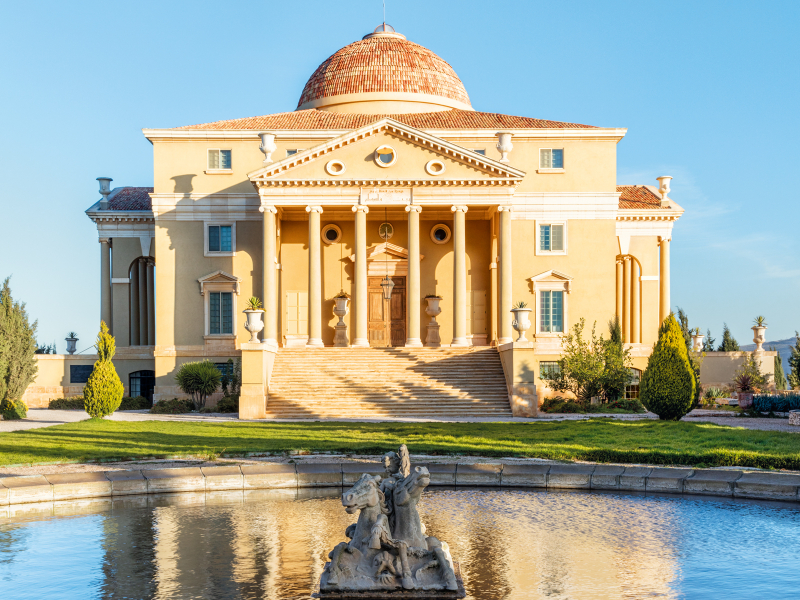
admiddleeast.com 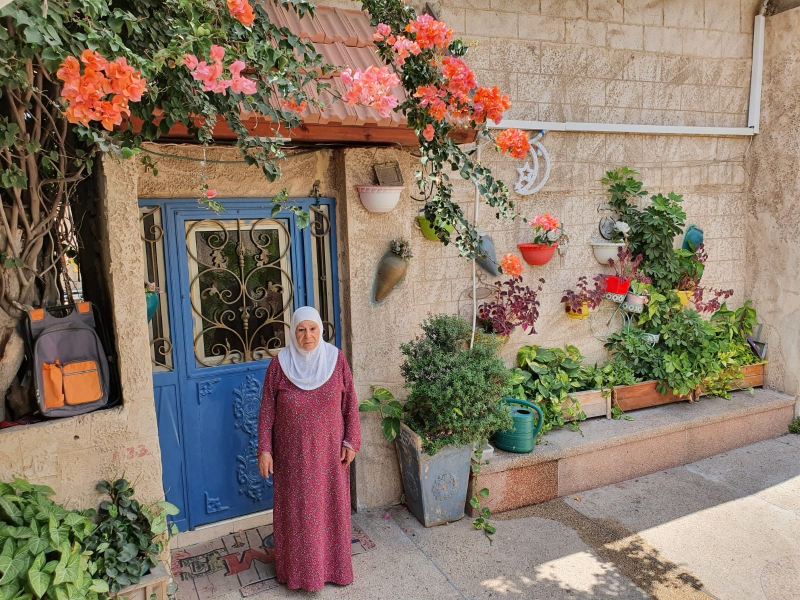
aa.com -
In Palestinian culture, cleanliness is extremely important. Before eating, thoroughly wash your hands. Palestinians frequently notify their hosts in advance of any dietary requirements (e.g. vegetarian). Most Palestinian families generally eat their main meal together, including during Ramadan. Even if the meal is casual, it is important to wait for everyone to arrive before beginning to eat.
Out of respect, the father is usually served first, followed by the mother. If guests are present, they are served first. Palestinians eat with their right hand most of the time. It is considered impolite to pass food to one's mouth with the left hand. Most families eat with separate plates and utensils. According to Islamic tradition, practicing Muslims do not consume alcohol or pork. It is advisable to finish your plate according to Muslim custom. However, hosts may place extra food on a guest's plate out of courtesy or encourage their guests to order more servings than they can reasonably consume.
If you are unable to finish your meal, it is acceptable to decline or leave food on your plate. After the meal has finished, a serving of tea, fruits, sweets or coffee is commonly offered. Coffee is often served at the conclusion of a meal. Usually, guests leave soon after drinking the coffee.
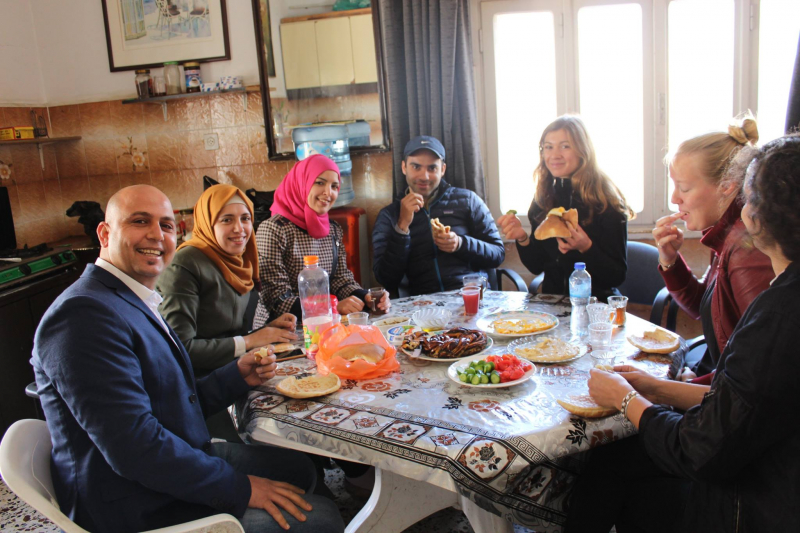
excellencenter.org 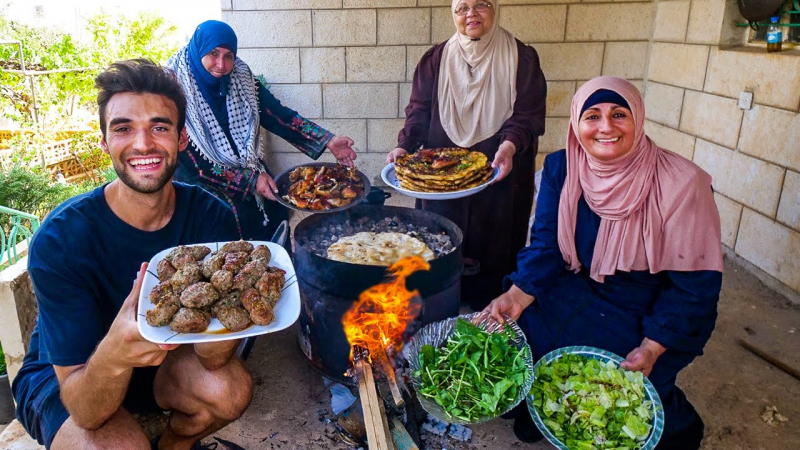
youtube.com -
A handshake and a smile are the most common forms of greeting among Palestinians. This is appropriate in both casual and formal settings. Palestinians frequently greet one another with hugs and kisses on both cheeks. This is the most common greeting between close friends, particularly among women. Some Muslims may prefer not to have physical contact with people of the opposite gender. This varies depending on their religious beliefs, conservatism, and the location of the gathering or meeting. As a result, it is best practice to greet a Palestinian of the opposite gender verbally with a nod of the head and wait to see if they feel comfortable extending their hand.
If a Palestinian prefers not to make physical contact during a greeting, they will frequently place their right hand over their heart while greeting verbally. It is customary in rural villages to greet someone of the same gender verbally with a respectful nod and smile. It is impolite to greet people while sitting. If seated, stand up to greet any adult entering the room.
People are expected to greet everyone they see, even if they only see them in passing. It is impolite not to stop and greet someone you recognize. When first meeting someone, Palestinians frequently inquire about their family name in order to determine their background or status.
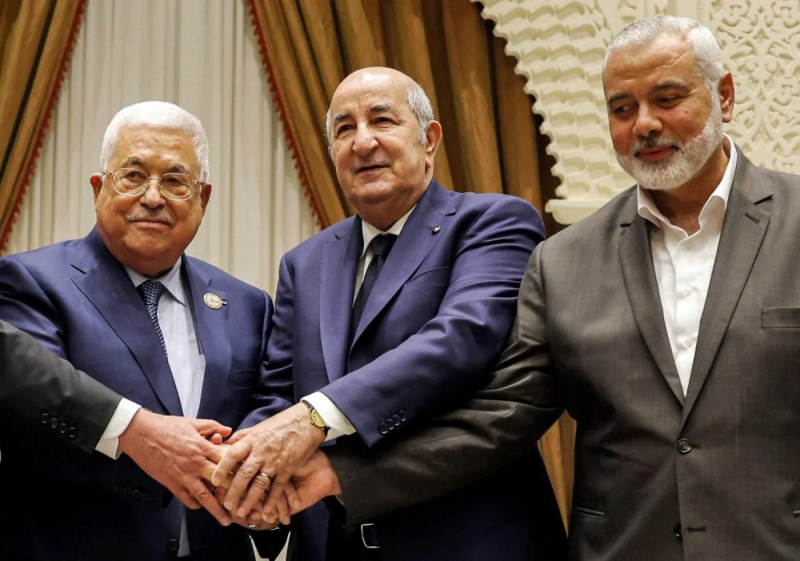
excellencenter.com 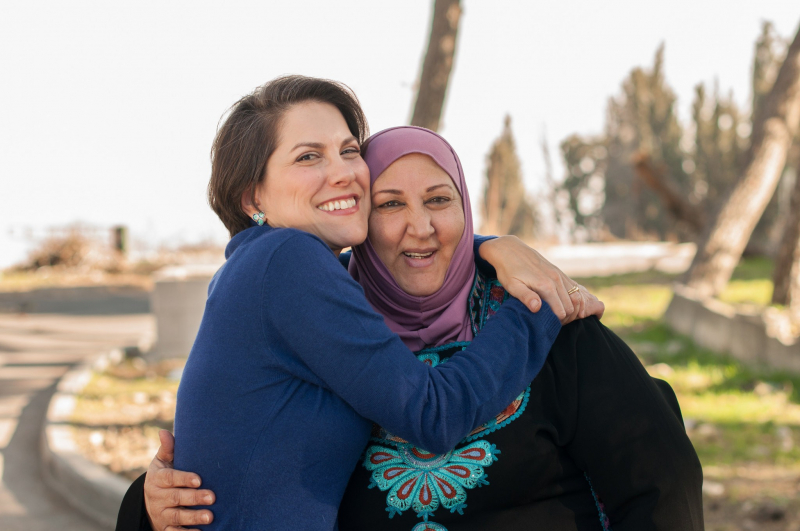
mlive.com -
The majority of the Palestine population is Muslim of the Sunni sect, and they account for 93% of the total population. Palestinian Muslims consider Jerusalem as an important part of their religion, with the Al-Aqsa mosque in the Old City of Jerusalem being regarded as the 3rd holiest site in the Muslim world. Muslims in Palestine practice their religion with some dimensions to the popular religion.
Christianity accounts for 6% of all Palestinians worldwide, but in Palestine, they account for 0.6% of the population. Palestinian Christians belong to the denominations such as Oriental Orthodoxy, Eastern Orthodoxy, Lutheranism, Anglicanism, Catholicism, and other denominations of the Protestant faith.
Other religions in Palestine include Judaism and Druze or Samaritan religions. In territories which are considered Palestinian, there are Jews settlers who number about 400,000, who identify themselves as Palestinian Jews although they are considered Israeli citizens. There is no constitution for the state of Palestine, and the basic laws assume that Islam is the religion of the state and therefore secures the freedom of religion.
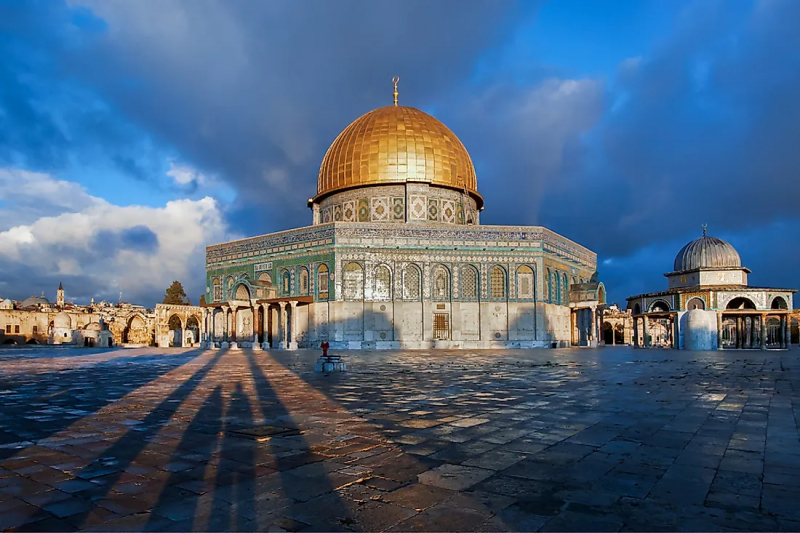
worldatlas.com 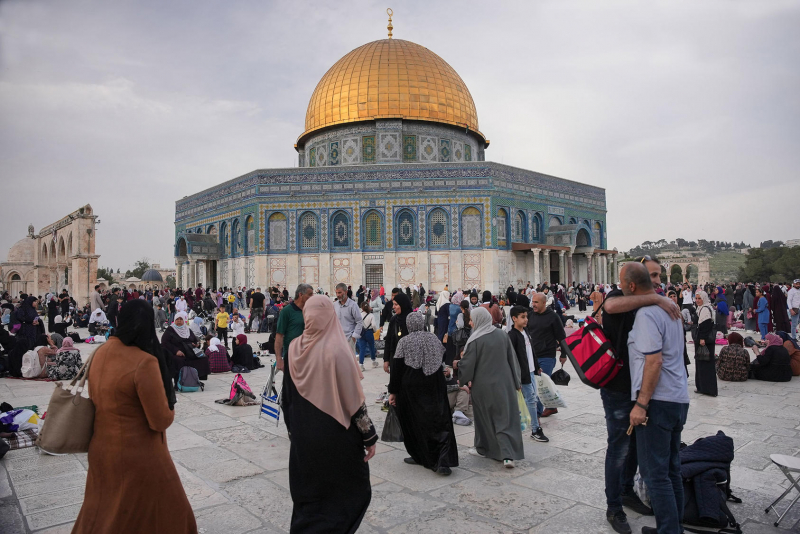
usip.org -
Gift giving is an important part of Palestinian culture, especially when visiting people’s homes. People may bring snacks or flowers when visiting someone’s home. It can also be good to bring something for the children (such as sweets). Gifts are also given on special occasions (e.g. marriages, births, building a new house, holidays, and graduations), or when visiting someone who is sick. People usually wrap these gifts and put them in a nice bag.
Offer and receive gifts with two hands or the right hand only. Traditionally, recipients open the gift in front of the giver to show appreciation. Some may send a message to the giver assuring that it will be used internally and they will not ‘re-gift’ it to others. t is more inappropriate to give alcohol to a woman.
Reciprocation is an important part of gift-giving. Palestinians usually remember the circumstance or occasion when a person gave them a gift so that they can return the gesture at a similar time in their life. A very ‘cheap’ gift can sometimes be interpreted as a lack of thought regarding friendship. However, if someone gives an overly lavish or expensive gift, Palestinians can feel pressure to match the cost of the item at a later time.

campkuyg.com 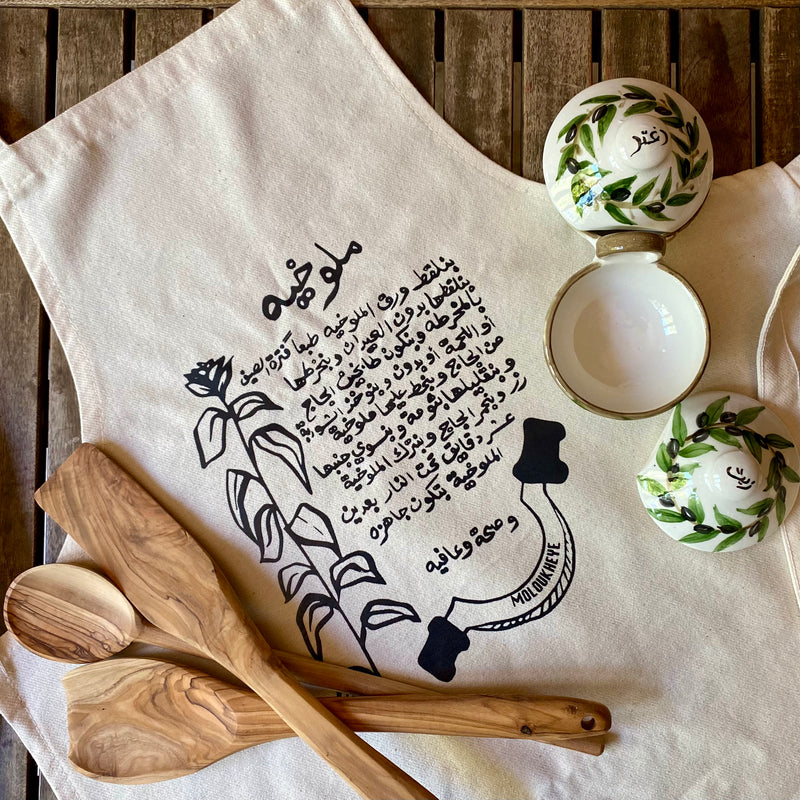
handmadepalestine.cm -
When it comes to social occasions, Palestinians are more flexible in their arrival time. Palestinians believe that 15 minutes or even half an hour off from the agreed-upon time is ok. For instance, when you invite someone for lunch, dinner, or any other event, you expect them to come half an hour after the defined time and this is normal in the Palestinian community.
When it comes to serious matters, Palestinians seek to be on time. Job interviews are appointments that Palestinians treat with seriousness when it comes to timing. Often they will even arrive 15 minutes or half an hour early. It may feel as if your time is being wasted but soon you will acclimate and start functioning on the Palestinian sense of time. Palestinians as a people and culture have learned to function with this sort of timing just by expecting their appointments to not be exactly on time and by planning accordingly.

excellencenter.com 
greatperformersacademy.com -
Traditional dance is a staple of celebratory events in Palestine and anywhere where Palestinians reside. Some refugee camps have dance groups where youth practice dabke — the traditional Palestinian folk dance that is also popular in Syria, Lebanon, and Jordan.
Dance adds a large dose of fun to any gathering. Guests are sure to break out into this line dance at joyous occasions like weddings and other parties, and some dancers even form troupes and compete against other dancing troupes. The dabke dance form includes synchronized stomps and movements.
There are dozens of variations of dabke in the Levant, including al sahja (السحجة), a popular Palestinian and Jordanian dance that belongs mostly to northern and central Palestine, and, in southern Palestine, al samir (السامر) and al dahiyya (الدحية). These dances are often held on the night before a wedding party, with most of the men participating. Al samir involves two rows of men on opposite walls, competing with folk poetry. Al-Dahiyya is a Bedouin version of the same kind in which there is a professional dancer who dances between the two opposing walls of men who are competing for her attention, and at times give her money.
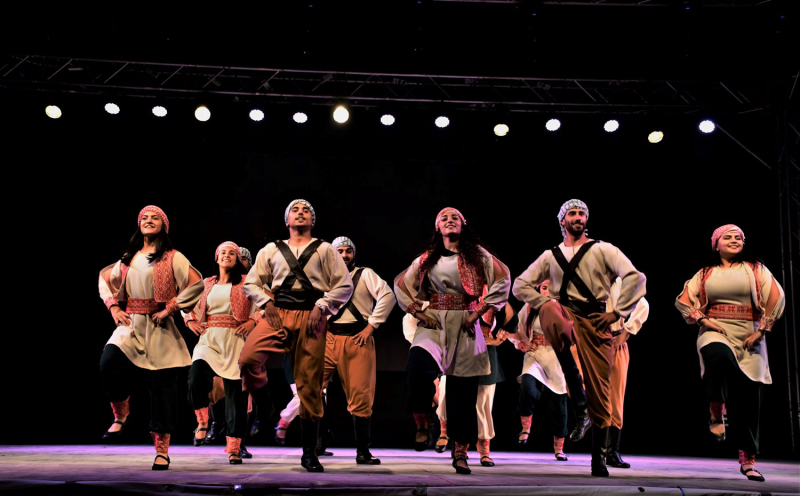
bethlehemculturalfestival.com 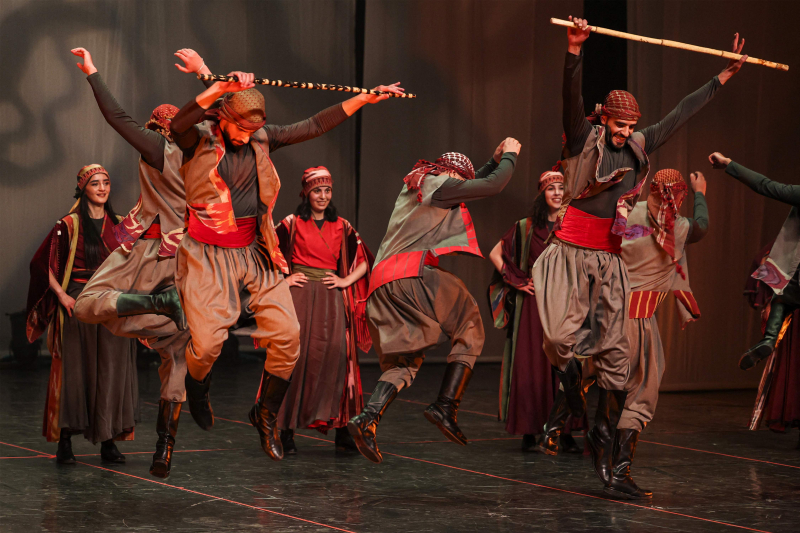
thenationalnews.com































